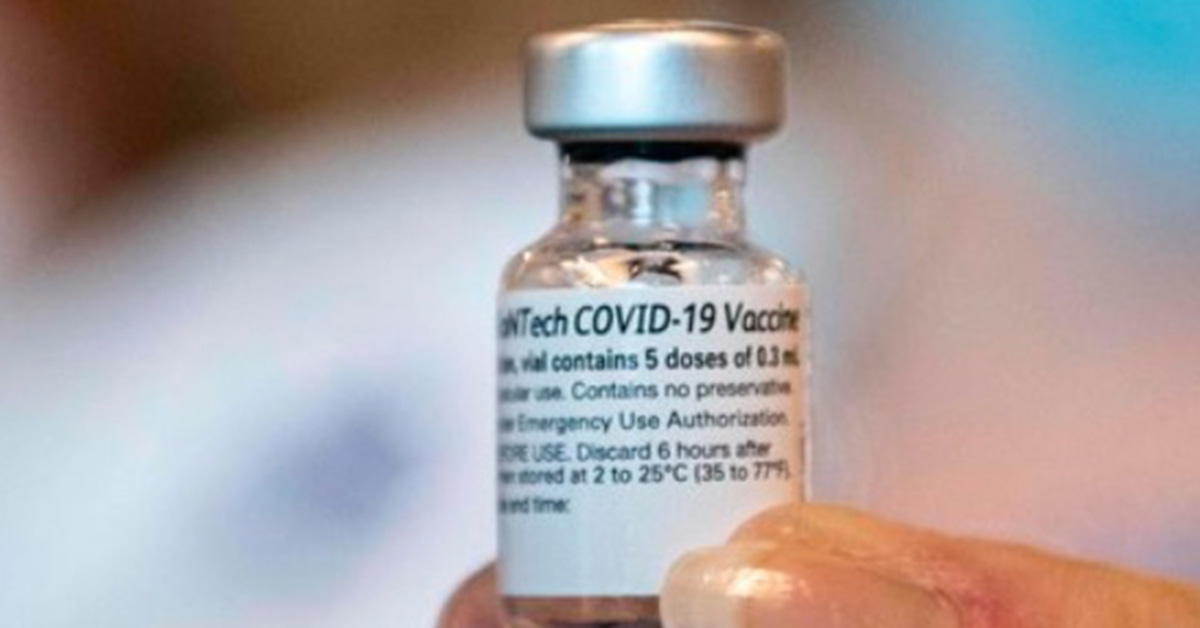![The US Centers for Disease Control and Prevention (CDC) announced on the 6th (local time) that 29 out of 5.3 million people who received the Corona 19 vaccine had severe allergic reactions. [AFP=연합뉴스]](https://i0.wp.com/pds.joins.com/news/component/htmlphoto_mmdata/202101/07/9e107f9e-a827-4fa1-8339-5c5732c441ac.jpg?w=560&ssl=1)
The US Centers for Disease Control and Prevention (CDC) announced on the 6th (local time) that 29 out of 5.3 million people who received the Corona 19 vaccine had severe allergic reactions. [AFP=연합뉴스]
In the U.S., 4 weeks after the new coronavirus infection (Corona 19) vaccination, about 5 people per million vaccinated had a severe allergic reaction.
5.5 per million people… 4 times the level of flu vaccine
According to the Wall Street Journal (WSJ) on the 6th (local time), the Centers for Disease Control and Prevention (CDC) revealed that 29 out of 5.3 million vaccinated people as of the 5th experienced an anaphylaxis reaction.
This is 5.5 per million people, about four times higher than the flu vaccine at 1.3 per million people, WSJ explained.
According to the CDC, hypersensitivity is an allergic reaction that usually occurs within 15 to 30 minutes after vaccination, and it is subdued by immediate epinephrine injection. The CDC considers a serious allergic reaction to a number of allergy cases that require ephnephrine injection treatment or a hospital visit.
Earlier, the CDC revealed that 21 people showed hypersensitivity reactions in the first 10 days of vaccination and provided detailed data.
Nancy Mesonie, director of the CDC National Center for Immune Respiratory Diseases, said, “17 out of 21 people who showed hypersensitivity reactions had a history of allergies to medicines, foods, insects, and so on.” Added.
“There are 2,000 corona19 deaths every day,” he added. “Especially considering how dangerous Corona 19 is to the elderly, vaccination is essential and should be done as soon as possible.
“The risk of side effects is very small,” said Dr Paul Oppit, a vaccine specialist at the Philadelphia Children’s Hospital. “You are more likely to get injured while driving to the hospital for an injection (rather than possible side effects).”
However, CDC recommended that patients with severe allergic reactions at the first dose should not receive the second dose. The CDC and the FDA are investigating serious allergic reactions with vaccines, and are determining whether certain components of the vaccine cause this allergic reaction.
Reporter Seok Kyung-min [email protected]
